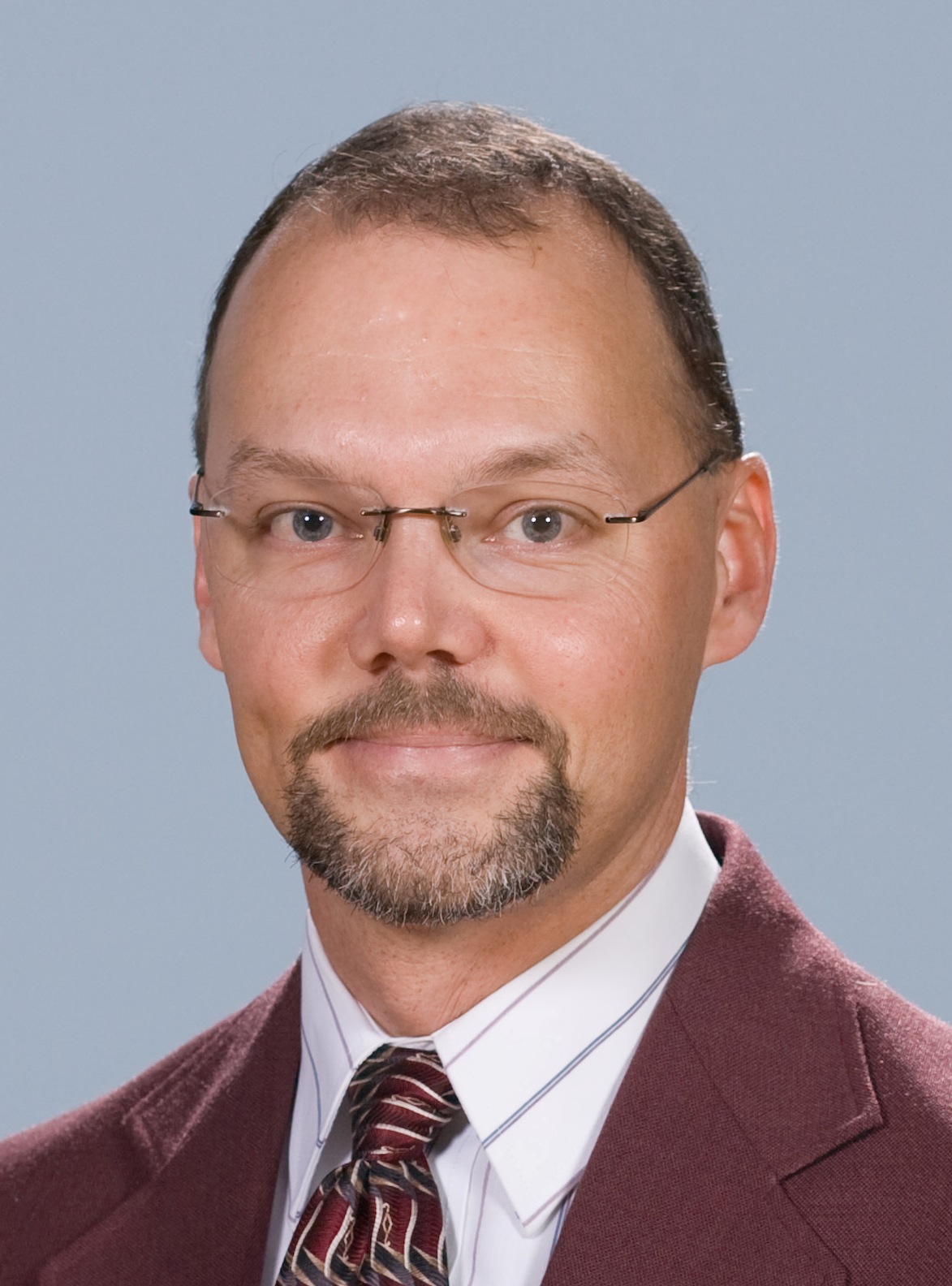David S. Criswell, Ph.D.
Associate Professor of Applied Physiology and Kinesiology
College of Health and Human Performance
2009 Awardee
 As director of the Molecular Physiology of Wellness Laboratory within the Center for Exercise Science, David Criswell is focused on understanding the cellular and molecular signals controlling activity-induced adaptations in muscle. His laboratory team has discovered that the gaseous molecule, nitric oxide, is intimately involved in the coordination of many varied adaptations in skeletal muscle, including mitochondrial biogenesis, improved insulin sensitivity, fiber type transformation, and satellite cell activation.
As director of the Molecular Physiology of Wellness Laboratory within the Center for Exercise Science, David Criswell is focused on understanding the cellular and molecular signals controlling activity-induced adaptations in muscle. His laboratory team has discovered that the gaseous molecule, nitric oxide, is intimately involved in the coordination of many varied adaptations in skeletal muscle, including mitochondrial biogenesis, improved insulin sensitivity, fiber type transformation, and satellite cell activation. Criswell’s research is translational, incorporating methods ranging from cell culture and mechanical stretch of isolated muscle fibers, to whole-animal exercise training. With this approach, he is working to better understand the signaling mechanisms leading to adaptive changes in muscle. This will allow more effective design of therapeutic exercise programs and help identify new potential targets for pharmacological augmentation of muscle function.
Current projects in Criswell’s lab are addressing questions such as how muscle recruitment and mechanical loading of muscle fibers affect the cellular localization and activity of nitric oxide synthase enzymes. He also hopes to determine if bioavailability of enzymatic substrates limits nitric oxide production by skeletal muscle during contractile activity and whether pharmacological augmentation of the nitric oxide signaling pathway enhances metabolic adaptations to exercise training and/or prevents the negative effects of decreased muscle use.
Criswell’s research has been funded by the American Heart Association, the American Lung Association, and the National Institutes of Health. He has published 55 peer-reviewed scientific articles, including two review articles, and trained doctoral students who have gone on to conduct federally-funded research at the University of Virginia, Wake Forest University, and Emory University.

